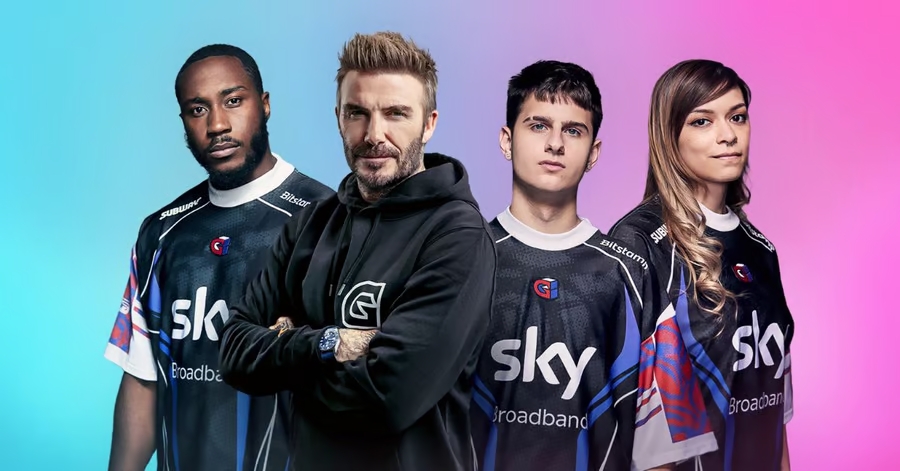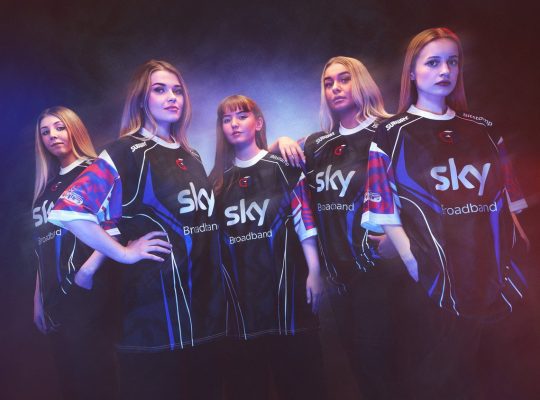Guild Esports: IPO Triumph to Financial Struggles—A Post-Mortem
Guild Esports, a rising star in the esports industry, experienced a meteoric rise that captivated investors and enthusiasts alike. Launched in 2020 with the backing of global sports icon David Beckham, the organization quickly became a beacon of potential in the industry valued at $1.1 billion. However, despite its promising start, Guild Esports faced a dramatic decline, ultimately leading to its acquisition by DCB Sports. This case study explores the factors behind Guild’s fall and extracts valuable lessons for investors, esports enthusiasts, and business students.
The Rise of Guild Esports
Guild Esports emerged during a time when the esports industry was booming. David Beckham’s involvement as a co-owner provided unparalleled visibility, making Guild a household name almost overnight. The highlight of this initial success was the organization’s landmark initial public offering (IPO) on the London Stock Exchange in October 2020, where Guild raised £20 million ($26 million), establishing a market capitalization of £41.2 million ($53.6 million). This marked a significant achievement, not only for Guild but also for the entire esports industry, signaling its maturity to mainstream financial markets.
The Beginning of Financial Struggles
Despite its auspicious beginnings, Guild Esports began to encounter significant financial challenges. The post-IPO period saw escalating operating expenses driven by ambitious expansion plans, including team acquisitions, marketing, and infrastructure development. These expenses quickly outpaced revenue growth, which largely stemmed from sponsorships, merchandise, and tournament winnings. Initial revenue projections were promising, but they soon stagnated, failing to meet expectations.
The Impact of the “Esports Winter”
Guild’s financial woes coincided with the onset of the “esports winter,” a period characterized by declining investor interest and reduced sponsorships across the industry. This downturn left many organizations, including Guild, vulnerable. By March 31, 2024, Guild Esports’ cash reserves had dwindled to a concerning £17,000 ($22,000), a stark indicator of overspending and underperformance.
A Financial Analysis
Guild Esports’ financial downfall can be attributed to several key factors:
- Operating Expenses: Aggressive expansion led to rising costs, which were not offset by substantial revenue increases.
- Revenue Stagnation: Reliance on a limited set of revenue sources, primarily sponsorships and merchandise, failed to sustain growth.
- Market Conditions: The broader esports industry’s decline during the “esports winter” exacerbated Guild’s financial fragility.
- Competitive Landscape: Compared to peers, Guild struggled to adapt to changing market conditions, highlighting operational inefficiencies and missed opportunities.
The Sale to DCB Sports
Ultimately, Guild Esports was acquired by DCB Sports for a deal that reflected its financial desperation. DCB Sports assumed over £2 million ($2.6 million) in liabilities and made an immediate cash payment of £100,000 ($130,000). This acquisition marked a dramatic fall from grace for a company once hailed as a leader in the esports market.
Lessons Learned
Guild Esports’ rise and fall offer valuable insights for those looking to understand the dynamics of high-growth industries like esports:
- Sustainable Financial Planning: It’s crucial to balance growth ambitions with financial prudence, especially in volatile markets.
- Timing and Market Cycles: Understanding industry cycles and timing market entry can significantly impact a company’s success.
- Diversified Revenue Streams: Relying on a single revenue source is risky; strategic partnerships and sponsorships can provide stability.
- Agility in Strategy: Adapting to evolving market conditions is essential to maintain competitiveness and resilience.
Conclusion
Guild Esports’ story serves as a cautionary tale, reminding us of the complex interplay between ambition, market dynamics, and financial responsibility. For investors, esports enthusiasts, and business students, the lessons from Guild’s trajectory underscore the importance of strategic planning, adaptability, and sustainable growth strategies in the fast-paced world of esports. While Guild’s chapter may have ended, its legacy continues to shape the industry’s future.


